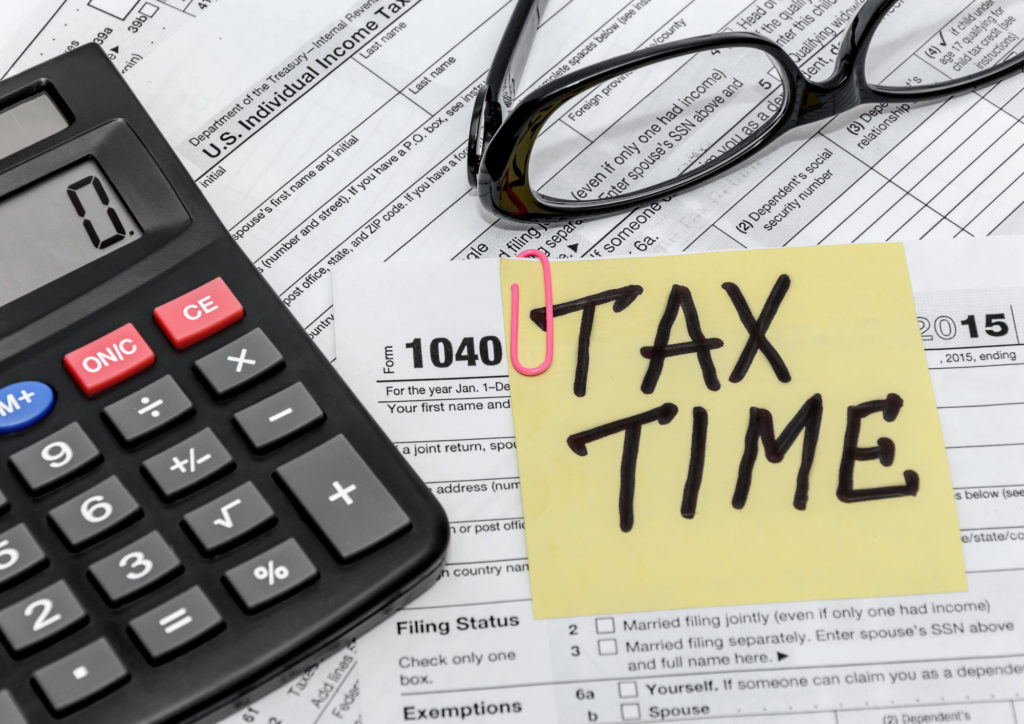
More than 14 million people owe on their taxes, and many of them owe back taxes for previous years too. With many changes in the last few years too, some Americans have been surprised to find they owe taxes. They’re also surprised by just how much they owe.
Taxes have been deferred for the moment, which means you have some more time to figure out how to pay an amount owing. What if you can’t pay your taxes though?
There is good news. You have some options. Use this guide to learn what to do if you can’t pay your taxes.
Extensions and Deferrals for Taxes
For some people, the question is all about timing. You know you’ll be able to pay your taxes eventually. You just can’t manage the amount by the deadline.
If you need some extra time to get the funds together, it makes sense to wait for the IRS to send you a bill. If you wait 30 days, they’ll bill you. They will also charge a penalty and interest.
If you need more than 30 days, you can file for an extension. This gives you an extra 120 days to get the funds together. You’ll still be assessed interest and a penalty.
Of course, “what if I can’t pay my taxes on time?” has a different answer right now. The IRS has extended payment deadlines, without penalties or interest. If you still expect you won’t be able to pay by the revised deadline, file for an extension.
What to do if You Can’t Pay Your Taxes
For other Americans, the amount they owe is a significant portion of their income. Trying to pay it all at once, even by a revised filing deadline, could mean going into debt.
Sometimes, it does make sense to take out a loan. In most cases, though, it doesn’t.
You should attempt to pay what you can and continue to make payments. You’ll be assessed a penalty and interest, but you should be able to pay down the amount you owe this way.
If you owe a substantial amount, it may make sense to explore options to settle IRS tax debt. An expert can help you negotiate an offer in compromise with the IRS. This may lower the amount you owe and help you get out of tax debt sooner.
Check Withholding to Stay out of Tax Debt
Once you’ve settled your tax debt with the IRS, you want to be sure you won’t face a similar situation in the future. To avoid getting a surprise bill in April, you can have your employer adjust your withholding.
To do this, file a revised W4 with them, asking them to withhold more from your paycheck from taxes. By putting away a little more each pay period, you’ll avoid getting stuck with a big bill at the end of the year.
Stay on Top of Your Finances
Now you know what to do if you can’t pay your taxes on time or at all. You do have options, and you can protect yourself from a surprise bill in the future.
Looking for more great financial advice? Check out the library to find more great tips to help you balance the books.





















Add Comment